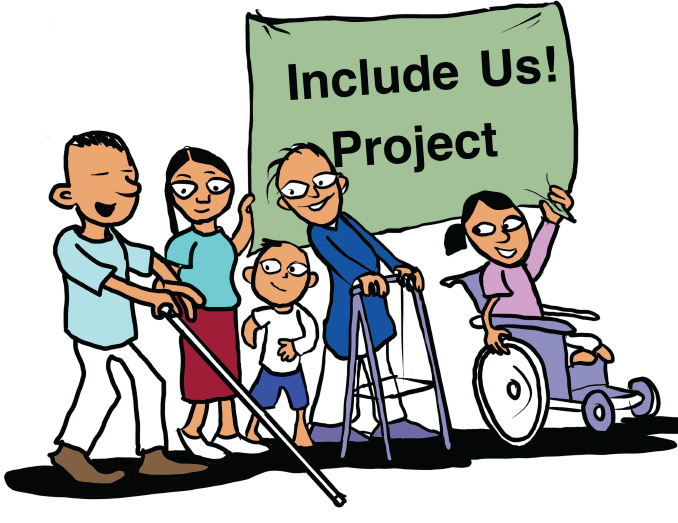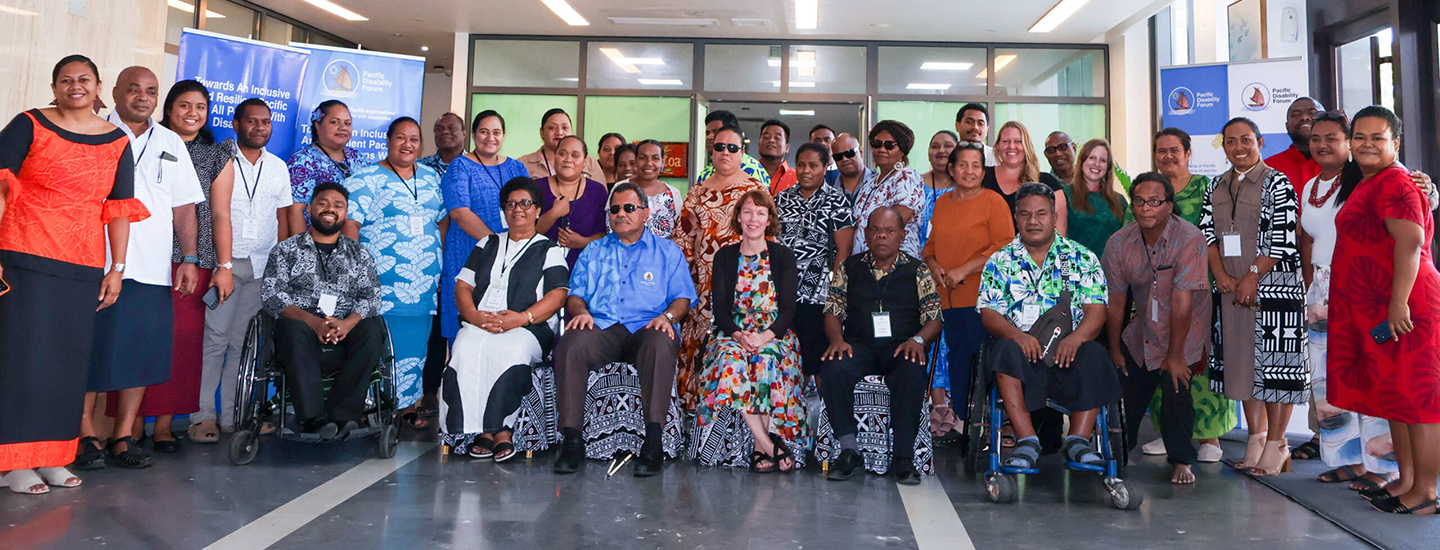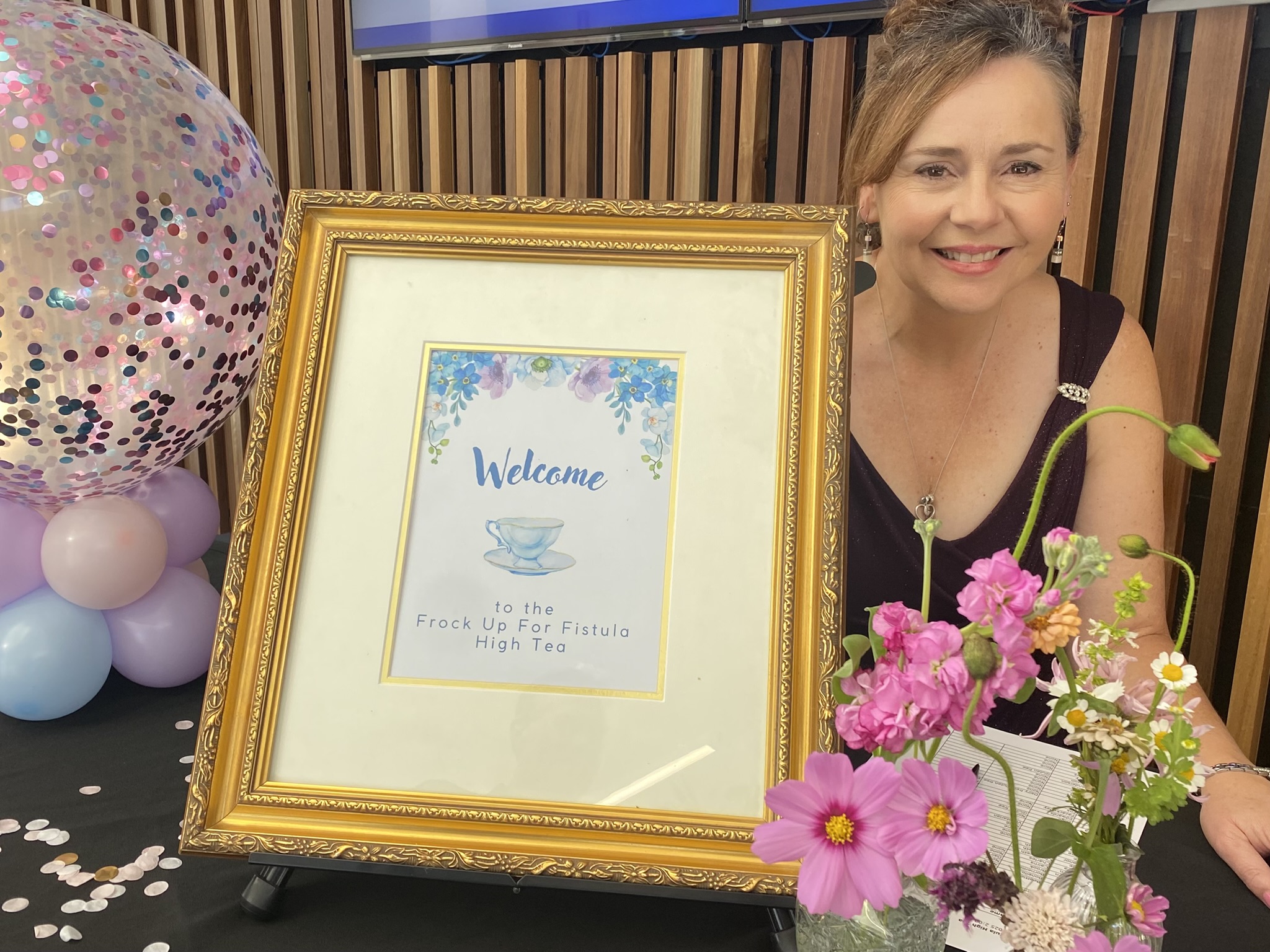Karen Alexander, Disability Inclusion Advisor, joins ACFID National Conference panel
Stories | August 10, 2022
On the second day of the Australian Council For International Development (ACFID) National Conference Karen Alexander joined an expert panel discussing, “Research for All: Guidance and Tools for Conducting Disability Inclusive Research”.
The session presented a new resource called ‘Research for All: Making Development Research Inclusive of People with Disabilities’, developed by CBM Australia, the Nossal Institute for Global Health and the Pacific Disability Forum, with support from DFAT and the Research for Development Impact Network (RDI).
The resource, which provides user-friendly guidance and practical tools on disability inclusion for researchers, was reviewed and discussed prior to its public release in late 2019. ‘Research for All’ aims to support mainstream development researchers in making sure that all development research includes and captures the perspectives of people with disabilities.
“Our work has shown that people are looking for simple, practical guidance on how to include people with disabilities in research.” Karen Alexander. Research that doesn’t explicitly and meaningfully include people with disabilities can entrench inequalities, and lead to development programming that fails to address the socio-economic and health inequities experienced by people with disabilities.
Ensuring research is rights-based, inclusive, and genuinely engages with people with disabilities can be daunting to mainstream researchers without specific experience in disability inclusion or existing networks with people with disabilities. The panel, including researchers, development practitioners and a Disabled People’s Organisations (DPO) representative, helped others looking to conduct research seek solutions for real-world challenges.
Without research into the issues that people with disabilities face in developing countries, there is no way to fully capture and understand the root causes of the issues, and the magnitude of the impact it has on day-to-day lives. Through disability-inclusive research development, practitioners can directly address development challenges including exclusion and marginalisation. The approach also helps to build the capacity of people with disabilities to participate in, or lead on, research on a variety of issues.
CBM Australia works in partnership, across the globe, to conduct research and studies into the issues facing people with disabilities. Resources like these ensure that we are encouraging and inspiring others in the international development sector to follow in our footsteps and Leave No One Behind in all our efforts.
Article by Karen Alexander, Disability Inclusion Advisor
https://www.cbm.org.au/stories/karen-alexander-disability-inclusion-advisor-joins-acfid-national-conference-panel
Related Stories

Easy Read your way through our evaluation report
At CBM Australia, we recognise that accessibility is not optional – it is a...

Growing Stronger Together: Supporting OPDs across the Pacific
CBM Australia is proud to partner with Pacific Disability Forum on the Growing Stronger...

Frock Up For Fistula: a High Tea of hope and healing
Something very special happened this Mother’s Day weekend. CBM Ambassadors Lyn Wake and Glenys...
